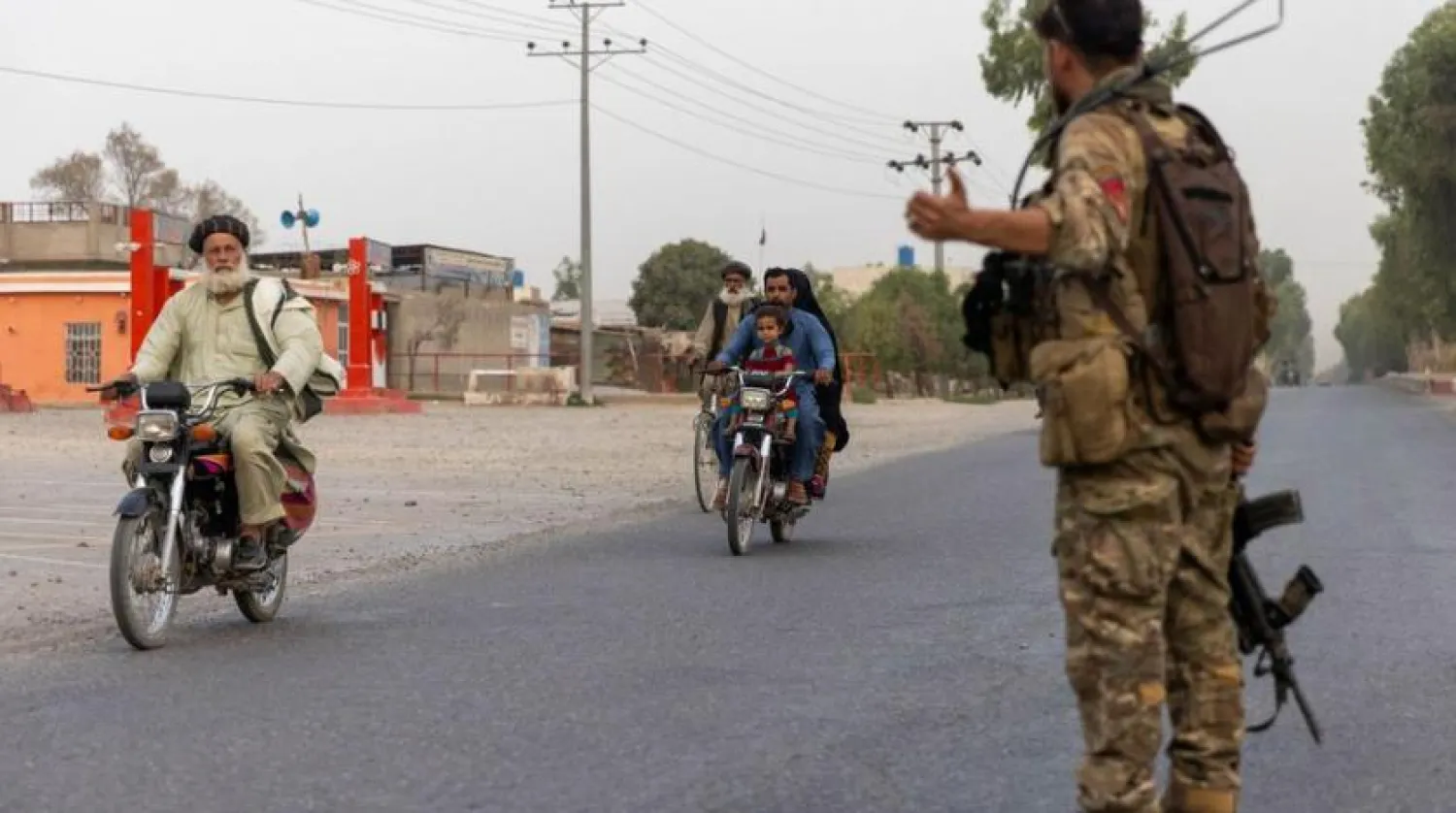Afghan forces clashed Friday with Taliban fighters in Spin Boldak after launching an operation to retake the key border crossing with Pakistan, as regional capitals stepped up efforts to get the warring sides talking.
Dozens of wounded Taliban fighters were being treated at a Pakistan hospital near the border after fierce overnight fighting, AFP correspondents at the scene reported.
"We have suffered one death and dozens of our fighters have got injured," Mullah Muhammad Hassan, who identified himself as a Taliban insurgent, told AFP near Chaman in Pakistan, about five kilometers (three miles) from the border.
The fight for the border comes as a war of words heated up between the Kabul government and Islamabad after the Afghan Vice President accused the Pakistani military of providing "close air support to Taliban in certain areas".
Pakistan strongly denied the claim, with a foreign ministry statement saying the country "took necessary measures within its territory to safeguard our own troops and population".
"We acknowledge Afghan government's right to undertake actions on its sovereign territory," it added.
Residents of Spin Boldak, which fell to the Taliban on Wednesday, said the Taliban and army were battling in the main bazaar of the border town.
"There is heavy fighting," said Mohammad Zahir.
The border crossing provides direct access to Pakistan's Balochistan province, where the Taliban's top leadership has been based for decades, along with an unknown number of reserve fighters who regularly enter Afghanistan to help bolster their ranks.
As fighting continued, Pakistan said Thursday it would hold a special conference on Afghanistan in Islamabad at the weekend, although Taliban officials had not been invited.
There were signs too that official talks in Doha -- which have stalled for months -- could stutter back to life.
An aide to Afghan President Ashraf Ghani told local media his government had asked for the Islamabad conference to be postponed as negotiators were already heading to Qatar.
The Taliban have capitalized on the last stages of the withdrawal of foreign troops to launch a series of lightning offensives across the country, capturing a swath of districts and border crossings, and encircling provincial capitals.
Foreign troops have been in Afghanistan for nearly two decades following the US-led invasion launched in the aftermath of the September 11 attacks.
They have appeared largely out of the picture in recent months, but fears are growing that government forces will be overwhelmed without the vital air support they provide.
The speed and scale of the Taliban onslaught has caught many by surprise, with analysts saying it appears aimed at forcing the government to sue for peace on the insurgents' terms or suffer complete military defeat.
An Afghan official said Thursday a local ceasefire with Taliban leaders had been negotiated for Qala-i-Naw the Badghis provincial capital that saw fierce street fighting last week.
"The ceasefire was brokered by tribal elders," Badghis governor Hesamuddin Shams told AFP.









